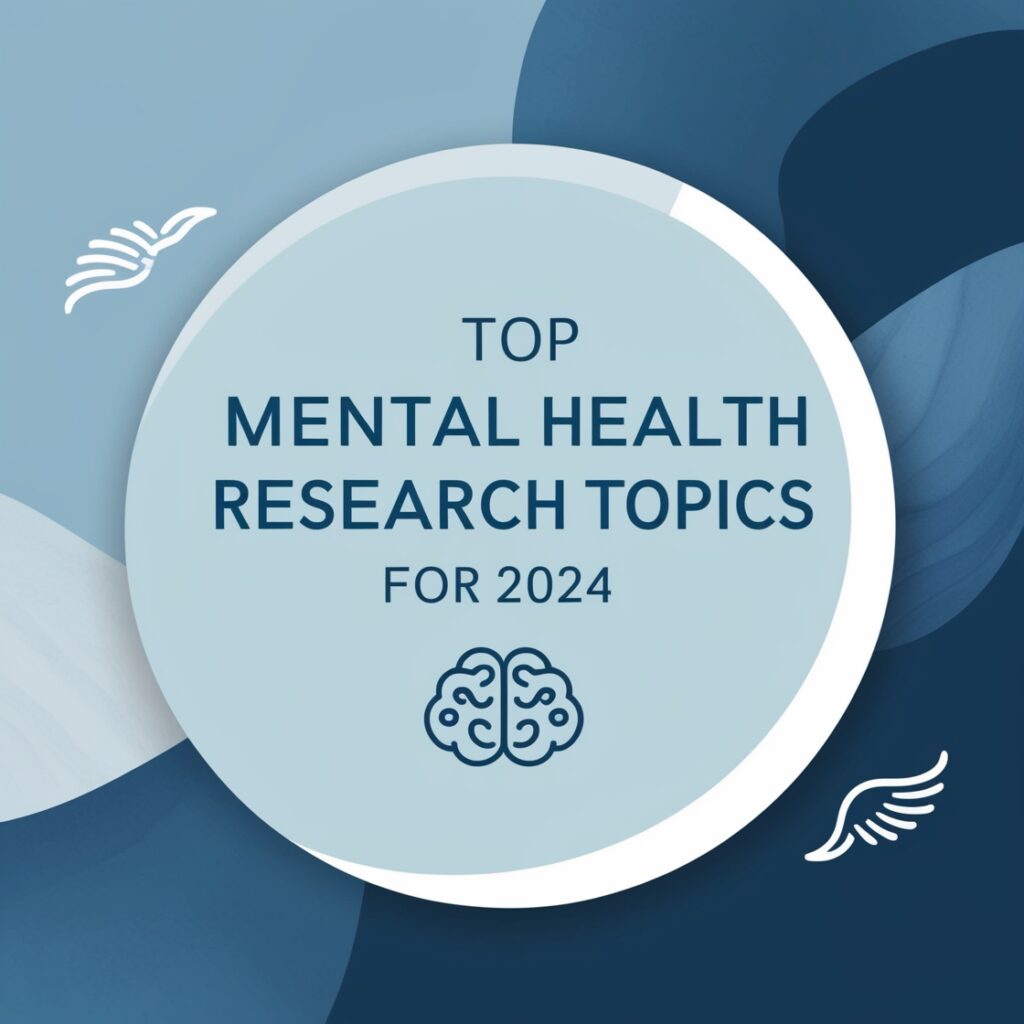Introduction
In today’s fast-paced world, mental health is becoming a growing concern for many people. Stress, anxiety, and depression are more prevalent than ever, which is why many are turning to meditation as a way to improve their well-being. But what is it about meditation that makes it such a powerful tool for mental health? Whether you’re new to the practice or have been meditating for years, it’s clear that the benefits are undeniable. Meditation offers a holistic approach to balancing the mind, and in this article, we’ll explore exactly how meditation can improve mental health and transform your overall quality of life.
What is Meditation?
At its core, meditation is the practice of focusing your mind to achieve a state of calm and clarity. There are various forms of meditation, from mindfulness and guided meditation to transcendental and loving-kindness practices. Originating from spiritual traditions, such as Buddhism and Hinduism, meditation has evolved into a secular practice widely recommended for mental health and wellness. The act of sitting still, breathing deeply, and centering the mind allows individuals to tap into a heightened sense of awareness and tranquility.

How Meditation Impacts the Brain
One of the most fascinating aspects of meditation is how it changes the brain. Research shows that meditation increases neuroplasticity – the brain’s ability to reorganize itself by forming new neural connections. The prefrontal cortex, responsible for decision-making and self-control, thickens through consistent meditation practice, while the amygdala, the brain’s fear center, becomes less reactive. This shift in brain structure leads to improved emotional regulation and a decrease in fear-based responses.
Reducing Stress Through Meditation
Stress is a common problem that can take a toll on both the mind and body. Meditation, particularly mindfulness meditation, has been proven to lower cortisol levels, the hormone responsible for stress. By focusing on the present moment, rather than worrying about the past or future, meditation helps to reduce the constant flood of stress hormones. Over time, practitioners develop greater resilience to stress, allowing them to manage life’s challenges with more ease.
Alleviating Anxiety
For those who struggle with anxiety, meditation can offer relief. Techniques like mindful breathing and progressive muscle relaxation allow individuals to ground themselves in the present moment, which can interrupt anxious thought patterns. When practiced regularly, meditation helps to create a sense of calm and clarity, making it easier to manage anxiety and prevent it from spiraling out of control.

Boosting Emotional Well-Being
Meditation doesn’t just help reduce negative emotions; it also cultivates positive ones. Loving-kindness meditation, for example, is designed to foster feelings of compassion and empathy, both for oneself and others. Studies show that this type of meditation can significantly increase feelings of joy, contentment, and emotional connection with others, making it a powerful tool for enhancing emotional well-being.
Improving Focus and Concentration
If you find it difficult to concentrate or often feel scattered, meditation may be the answer. Studies have shown that meditation can enhance attention span and improve cognitive function. By training the mind to focus on one point (like your breath or a mantra), you’re essentially building the muscles of attention. Over time, this increased focus can lead to better productivity and mental clarity in all areas of life.
Meditation and Depression
Meditation has been used as an effective tool for managing depression. Mindfulness-based cognitive therapy (MBCT) combines traditional cognitive-behavioral techniques with mindfulness meditation to prevent the relapse of depression. Through consistent practice, individuals can better observe their thoughts and feelings without getting overwhelmed by them. Meditation offers a non-judgmental space for self-awareness, helping people to avoid the traps of negative thinking that can lead to depression.

Promoting Better Sleep
Sleep is essential for mental health, and meditation can be a powerful aid in improving sleep quality. Mindfulness meditation helps to quiet the mind and relax the body, making it easier to fall asleep and stay asleep. Many people who practice meditation report that they experience fewer instances of insomnia and wake up feeling more refreshed. Guided meditation, in particular, can be an excellent tool for those struggling with sleep disturbances.
Meditation’s Role in Building Self-Awareness
One of the greatest gifts meditation offers is self-awareness. Through practices like mindfulness, individuals can cultivate a deeper understanding of their thoughts, emotions, and behaviors. This heightened awareness can lead to personal insights that promote emotional regulation, helping you to better manage difficult situations or relationships. In essence, meditation acts as a mirror, allowing you to reflect on your internal world with more clarity.
Improving Relationships Through Meditation
Have you ever noticed how stress and emotional imbalances can negatively impact your relationships? Meditation can help by fostering empathy, patience, and compassion. As you become more centered and present, these qualities naturally begin to extend into your interactions with others. Meditation can create a ripple effect, improving not only your inner life but also the quality of your relationships, making them more harmonious and fulfilling.

Meditation in Therapy and Clinical Settings
The therapeutic benefits of meditation are being increasingly recognized in clinical settings. Cognitive-behavioral therapy (CBT), one of the most widely used forms of psychotherapy, often incorporates meditation techniques to enhance treatment outcomes. Meditation offers a complementary approach to traditional therapy by helping individuals regulate their emotions and develop healthier thought patterns.
Meditation Apps and Resources for Beginners
If you’re new to meditation and don’t know where to start, there are countless resources available. Popular apps like Headspace, Calm, and Insight Timer offer guided meditations for beginners and advanced practitioners alike. These platforms make it easy to incorporate meditation into your daily routine, offering everything from short breathing exercises to deep relaxation sessions.
Common Myths About Meditation
Despite its growing popularity, there are still many misconceptions about meditation. One common myth is that meditation is only for spiritual people or requires you to sit in complete silence. In reality, meditation is a practice that can be adapted to suit any lifestyle or belief system. Whether you practice in a quiet room or on your commute to work, meditation is about creating space for mindfulness, not achieving perfection.
Conclusion
Meditation is a powerful tool that can significantly improve mental health. From reducing stress and anxiety to enhancing emotional well-being and focus, the benefits are vast and far-reaching. Whether you are dealing with specific mental health challenges or simply looking to improve your overall well-being, meditation can offer the clarity, peace, and emotional balance needed to thrive in today’s world.
FAQs
Is it normal to have racing thoughts during meditation?
Yes, it’s completely normal. The goal of meditation is not to eliminate thoughts but to observe them without judgment and gently bring your focus back.
How often should I meditate to see mental health benefits?
It’s recommended to meditate for at least 10-20 minutes daily to experience lasting mental health benefits.
Can meditation cure anxiety?
While meditation can help manage anxiety symptoms, it is not a cure. It works best when combined with other forms of therapy or medical treatment.
Do I need any special equipment to meditate?
No, all you need is a quiet space and a comfortable position. Many people use a cushion or chair, but it’s not necessary.

Complete Support For Healthy Memory, Concentration And Mental Acuity
• 35-in-1 memory essential formula
• Designed to offer superior and long-lasting results
• Supports every aspect of cognitive total wellbeing



